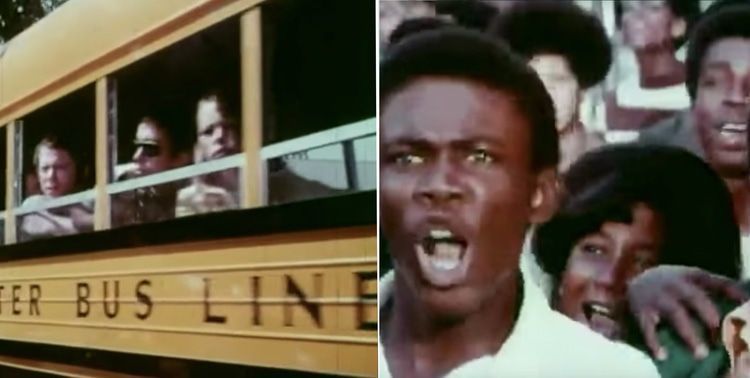


06/17/2008
Ilkka Kokkarinen at The Fourth Checkraise has a post about the autobiography of Kevin Weeks, an Irish mobster from Boston’s South Side:
"I did find the description of Southie and its Irish Catholic working class culture in which the author grew up interesting, though, as it gave me a better idea of the mechanisms that connect poverty and violence. The author also didn’t mince words to describe his personal experiences with the Boston school busing scheme that used the white working class as pawns for rich liberals to show how progressive they are (while excluding their own kids from this scheme, of course), with well-known unintended consequences of accelerating the white flight both to suburbs and private schools, and gutting the public school system to leave it for those who have no alternatives. I’m sure that he would have learned to fight and distrust authority even without this scheme, but it certainly didn’t help."[The Fourth Checkraise: Hooligans in paddy wagons]

Weeks was born in 1956, and went to South Boston High — here’s an excerpt from his autobiography:
"The saddest part is that there is a generation of Boston kids walking around today who basically have no high school education, who were condemned to not even mediocre jobs because of one man’s decision. These kids couldn’t get a decent education because Arthur Garrity took that opportunity away from them. A grand experiment, at the expense of the children of Boston, ultimately failed. But not before blood was shed at South Boston High. We now had black students in the school who were often twenty-one or twenty- two, older than the typical eighteen-year-old South Boston senior. You could feel the hatred in the corridors. Just a year earlier, there had been a great atmosphere in those same classrooms, where learning was taking place.
Students looked forward to going to school, to their classes, to sports, and to just being around one another. But one year later, it was like Beirut. You were just waiting for the next fight to erupt. Kids from South Boston weren’t running scared, though. South Boston High was their home, and no one was going to come in and take their home from them."